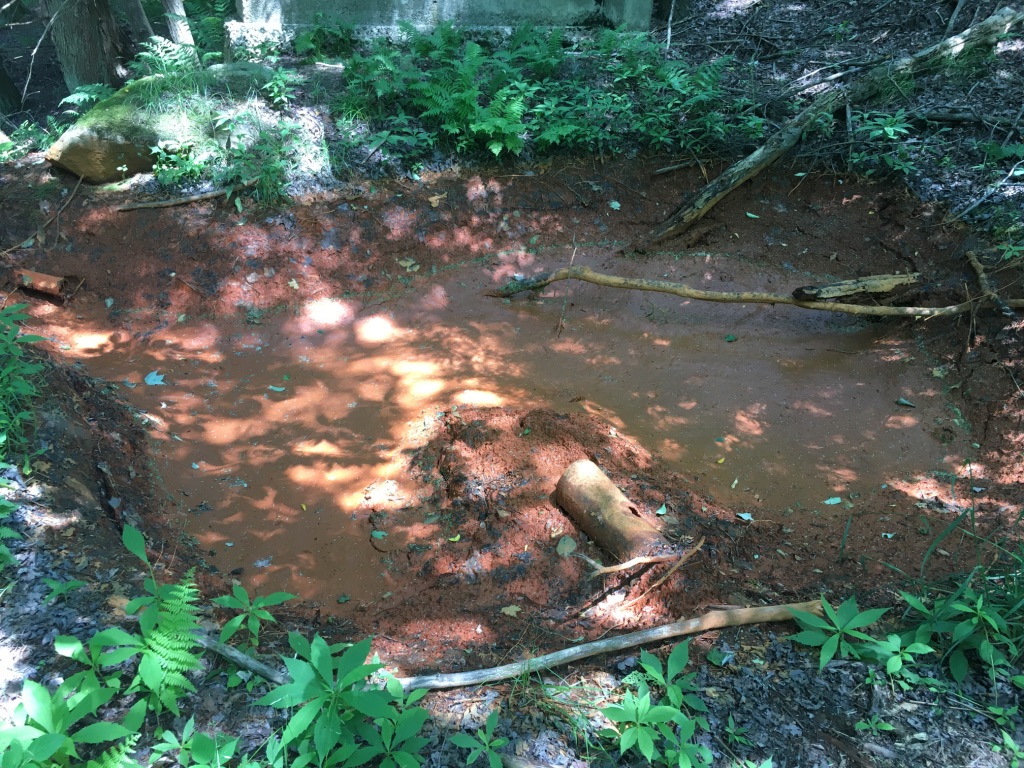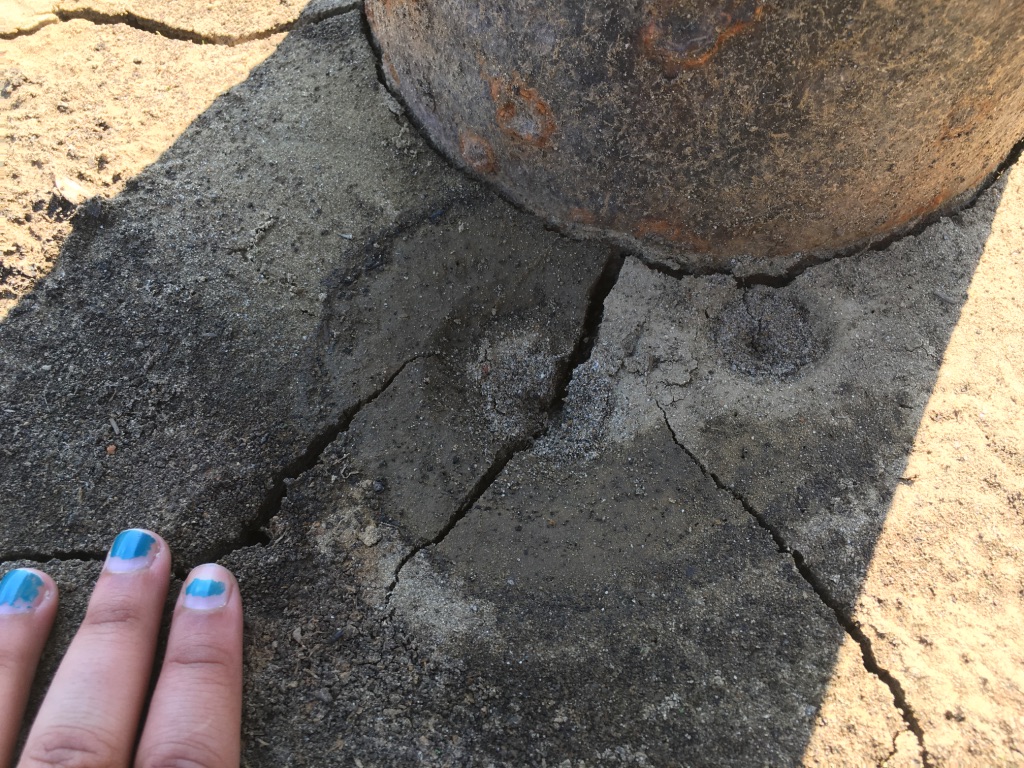Earlier this week, the Pennsylvania Department of Environmental Protection (DEP) announced that they were starting an outreach program to highlight the Environmental Good Samaritan Act of 1999 and how it can help solve Pennsylvania’s orphan and abandoned oil and gas well issue. I agree with the DEP that the Environmental Good Samaritan Act could play a vital role in addressing PA’s overwhelming orphan wells issue as it allows non-DEP entities to plug orphan wells without assuming responsibility for a well they didn’t drill.
This is particularly important for two reasons: first, the cost of plugging a well can be anywhere from $15k to $250k, and, second, well plugs have short lifespans and will eventually need to be replaced. Of the estimated more than 350,000 orphan wells in PA, only 8,000 are in DEP’s database, and even fewer have been ground-truthed or have modern plugs. Additionally, many are leaking methane into the atmosphere or bringing deep brines into pristine waterways. It is critical that these wells be located, assessed, and plugged but DEP’s orphan well plugging program funds come from current permit fees, which typically only amount to hundreds of dollars per new well — far less than the thousands it costs to plug a single orphan well.

This well near the Allegheny National Forest has been plugged at least once in the last two years. The plug has already failed, a testament to how difficult plugging old wells can be.
Enter the Good Samaritan Act, which is helpful for large entities that can pay to plug a well themselves. The only Good Samaritans with the funds and motivation to plug orphan wells are likely energy companies looking to avoid interactions between orphan wells and proposed wells. (For example, an unplugged well serves as an open conduit and any extra pressure on the system will escape through the path of least resistance so orphan wells could derail an entire drilling operation.) Energy companies often complete detailed surveys of areas they consider for drilling operations and likely have their own orphan wells datasets that aren’t available to either the public or DEP. By highlighting the Good Samaritan Act, the DEP hopes to entice energy companies into helping out.

One of the several wells typically underwater in the Kinzua Reservoir. When the reservoir was drawn down in the summer of 2016, this well could be walked to. Holes in the sediment around the well, in combination with a large dry area around the well surrounded by damp sediment, suggest that gas associated with the well is constantly coming through the sediment around the well in streams.
And honestly, with 350,000+ orphan wells to both find and plug in Pennsylvania and an annual plugging budget of about $600,000, the DEP needs all the help it can get. This initiative to bring energy companies on board as plugging entities (with little more than good press as their reward) highlights the shameful lack of funding for DEP’s Orphan Well plugging program. The people of Pennsylvania shouldn’t have to rely on the benevolence of Good Samaritans to address this serious issue and, with a stronger budget, could instead look to the people entrusted with the stewardship of our clean air, pure water, and the preservation of the environment to do their jobs: our state officials.
Nooreen Meghani lives in State College with her dog Finn and human Max and is the Co-Chair of the Sierra Club PA Chapter’s Legacy Issues Committee. If you would like to learn more about our work on orphan wells, contact us here.